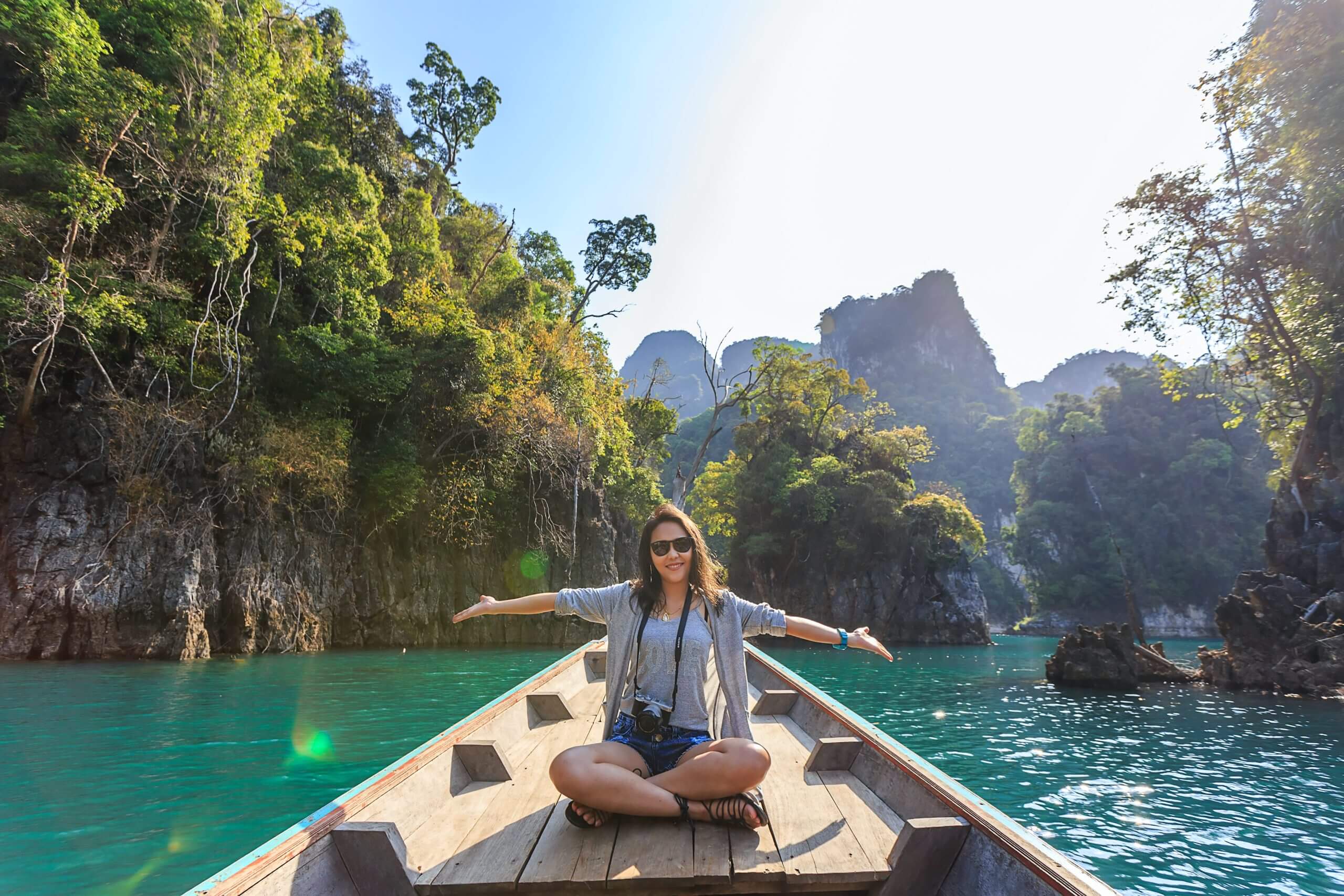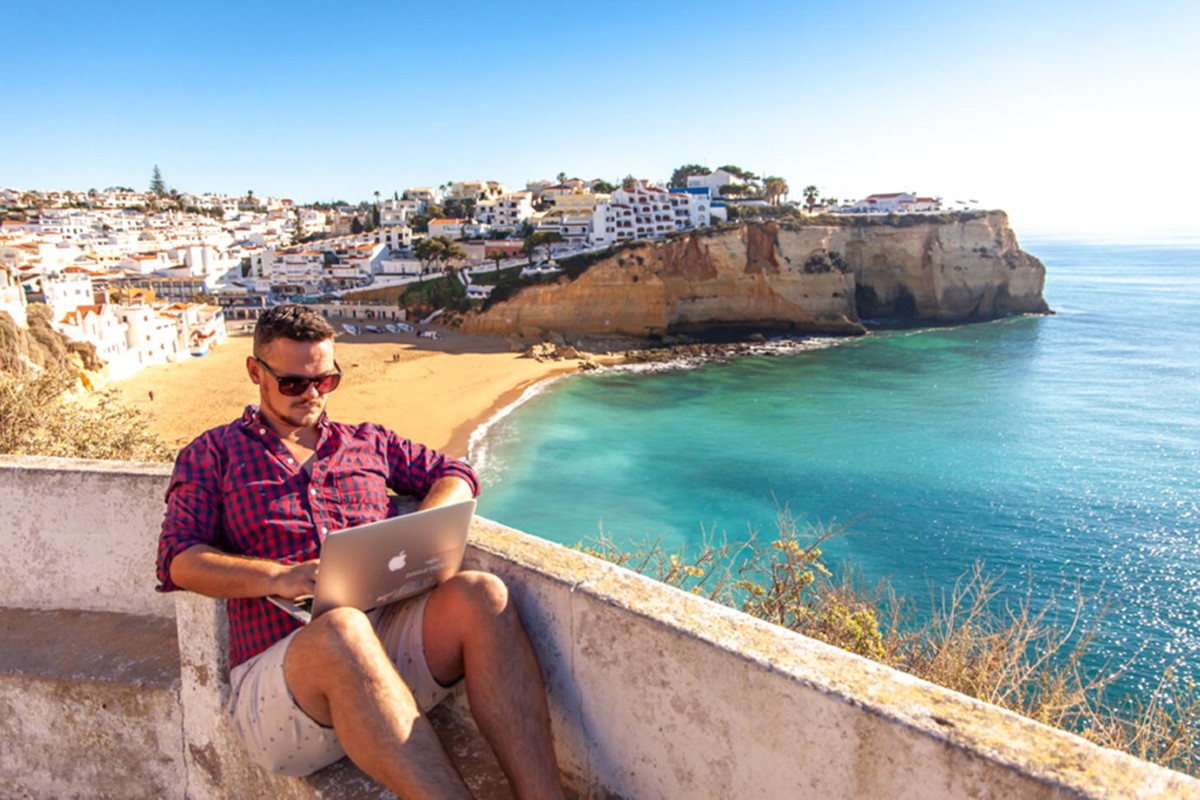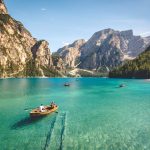Travel has always been more than just movement from one place to another. It’s an expression of freedom, curiosity, and human connection. But as the world has shifted through waves of technology, global crises, and cultural change, the very meaning of travel and recreation has transformed.
Today’s travelers aren’t just seeking relaxation—they’re searching for purpose, sustainability, and authentic experience. From eco-retreats in the mountains to digital detox adventures in remote islands, the recreation and travel industry is embracing a new era of exploration—one that blends wellness, culture, and technology in entirely new ways.
1. The Shift from Tourism to Experience
In the past, travel was often about sightseeing—snapping photos of landmarks and ticking boxes on a bucket list. Now, travelers want immersion. They want to live like locals, experience traditions, and engage with communities.
This shift toward experiential travel is one of the strongest trends of the 2020s. Companies like Airbnb, Intrepid Travel, and G Adventures now offer “experiences” where travelers can cook regional dishes with a family in Tuscany, learn pottery in a rural Japanese village, or hike with indigenous guides in Peru.
The modern traveler is no longer content being a spectator; they want to be a participant.
2. The Rise of Sustainable and Responsible Travel
Environmental awareness has reshaped nearly every industry, and tourism is no exception. The term sustainable travel—once a niche concept—has become a global movement.
Sustainable tourism focuses on minimizing negative environmental impacts while maximizing benefits for local communities. This includes:
-
Staying in eco-lodges that use renewable energy.
-
Supporting local artisans instead of large commercial souvenir shops.
-
Using public transport or cycling instead of renting cars.
-
Respecting wildlife and natural ecosystems.
Destinations such as Costa Rica, Iceland, and New Zealand have become models of sustainability, promoting eco-conscious recreation without sacrificing comfort or adventure.
In fact, surveys show that over 70% of travelers now prefer eco-friendly options when available—an indication that green travel is not just a trend but a new standard.

3. The Digital Nomad Revolution
One of the most fascinating shifts in modern travel is the rise of digital nomadism—a lifestyle where people work remotely while exploring the world. The pandemic accelerated this phenomenon, as companies embraced flexible work models and high-speed internet became globally accessible.
From Bali and Lisbon to Medellín and Chiang Mai, digital nomad hubs have emerged offering co-living spaces, shared offices, and strong community vibes.
This blend of work and recreation—sometimes called “workation”—has transformed the meaning of travel. It’s no longer limited to holidays or short breaks; it’s a lifestyle where the world becomes your office.
4. Technology and the Smart Travel Experience
Technology has made travel smarter, safer, and more seamless than ever before. Artificial intelligence, mobile apps, and data-driven platforms are simplifying everything from planning to navigation.
-
AI-powered itineraries (like those created by ChatGPT or Google’s travel planner) customize trips based on interests and budget.
-
Translation apps break down language barriers in real time.
-
Augmented reality (AR) enhances tourism, letting travelers visualize ancient ruins or artworks with immersive storytelling.
-
Smart luggage and digital passports streamline airport experiences.
The future of recreation lies in this intersection of technology and exploration—a hybrid world where convenience enhances adventure without diminishing authenticity.
5. Wellness Travel: Healing Through Exploration
Post-pandemic, mental and physical well-being have become central to travel decisions. Many people now view vacations not just as leisure, but as a way to reset and restore balance.
This is where wellness tourism comes in—a rapidly growing segment that includes spa retreats, yoga camps, meditation journeys, and nature immersion programs.
Destinations like Bali, Thailand, and Greece are attracting wellness seekers who combine recreation with self-care. The idea is to travel not to escape life—but to return home transformed.
Even within cities, wellness has found its place. Urban hotels now offer mindfulness rooms, digital detox packages, and rooftop yoga—turning even business trips into opportunities for rejuvenation.
6. Adventure and Eco-Recreation: The Call of the Wild
For thrill-seekers, recreation means adrenaline, challenge, and discovery. Adventure travel—whether trekking, diving, climbing, or kayaking—has exploded in popularity.
However, modern adventurers are blending excitement with environmental respect. Climbing Everest, for example, now comes with strict waste regulations. Marine diving operators are shifting toward coral restoration and ocean-cleaning projects.
Popular eco-adventures include:
-
Hiking Patagonia’s W Trail in Chile.
-
Cycling the Danube River route across Europe.
-
Kayaking in the fjords of Norway.
-
Safari conservation volunteering in Kenya or South Africa.
Adventure travel today isn’t just about conquering nature—it’s about connecting with it responsibly.
7. The Return of Local and Slow Travel
While global exploration remains exciting, the pandemic reminded travelers of the beauty of local discovery. “Slow travel” emphasizes quality over quantity—staying longer in one place, exploring nearby regions, and reducing the environmental toll of constant movement.
In Europe, for instance, train travel is making a massive comeback as travelers choose scenic rail journeys over short-haul flights. In the U.S., the rise of road trips and camper van adventures reflects a renewed love for domestic exploration.
This slower, more mindful approach allows travelers to truly absorb cultures, rather than simply passing through them.
8. Culinary Recreation: Tasting the World
No recreation or travel experience is complete without food. Culinary tourism has become a powerful driver of global travel, blending culture, community, and creativity.
From Michelin-star dining in Paris to street food tours in Bangkok, food reveals the heart of a destination. Travelers are now eager to attend farm-to-table workshops, cooking classes, and wine tastings that go beyond eating—they’re about learning, connecting, and savoring local heritage.
Even wellness travelers are exploring nutrition-based trips focusing on organic diets, detox programs, and sustainable gastronomy. Food is no longer a side experience—it’s the centerpiece of modern recreation.
9. The Future: AI, Space Tourism, and Beyond
The next frontier of travel may not even be on Earth. Space tourism, once a fantasy, is becoming reality with companies like SpaceX, Virgin Galactic, and Blue Origin offering suborbital flights for private citizens.
Meanwhile, artificial intelligence and robotics are likely to redefine traditional travel planning and service. Imagine AI concierges that plan entire trips in real time, adaptive translation earphones, or virtual teleportation experiences that combine AR and 3D mapping.
The future traveler might explore not only new countries—but new dimensions of experience.

10. The Deeper Meaning of Modern Recreation
At its core, recreation is about reconnection—to ourselves, to others, and to the planet. The post-digital traveler seeks more than destinations; they seek meaning.
Whether through volunteering, cultural immersion, or mindful exploration, today’s journeys reflect a growing desire for purpose-driven living. Travel has become an act of learning, healing, and contribution.


